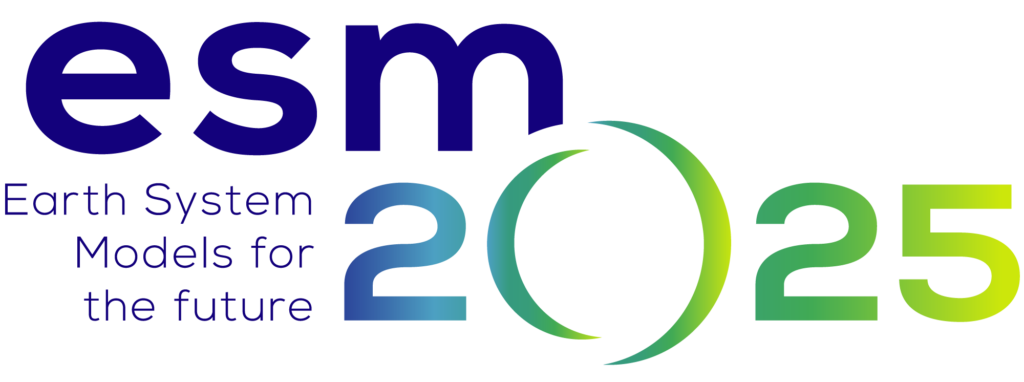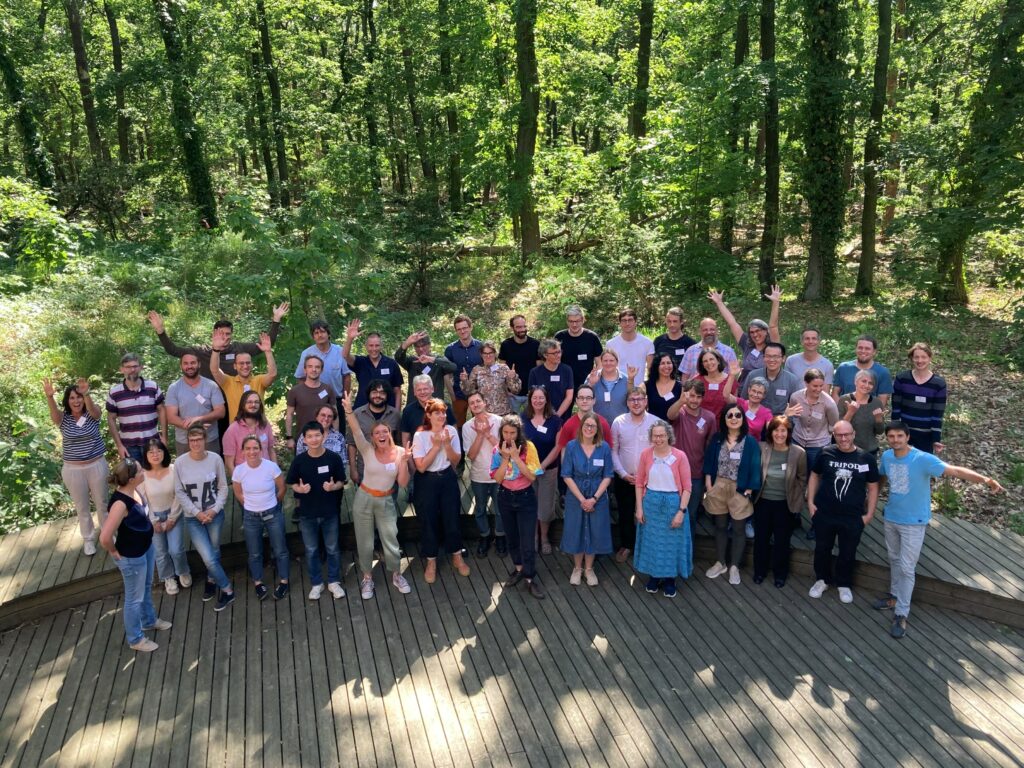
From the 14th to the 16th of May, we held our 3rd General Assembly and 3rd World Café workshop for stakeholder engagement, this time in Germany, at the incredible PIK venue.
General Assemblies (GA) are the occasion for each Core Theme (and Work Package, WP) to present ongoing progress, but also to have fruitful cross-WP discussions. In-person, or online, around 100 researchers from all over Europe have gathered for three days of intense scientific discussions, from plenary talks, to break-out group work or poster sessions. For the sixty-five that could make it in person, it was also the time to have many productive informal discussions… and some fun together!
Some of the researchers of the Integrated Assessment models community are based at the PIK, hence this GA was also the perfect opportunity to discuss new advances in the Earth System models – Integrated Assessment models framework we are developing. As we are in the second half of our project, it was also the perfect time to discuss future demonstration simulations that will include the new model developments that we have been working on.
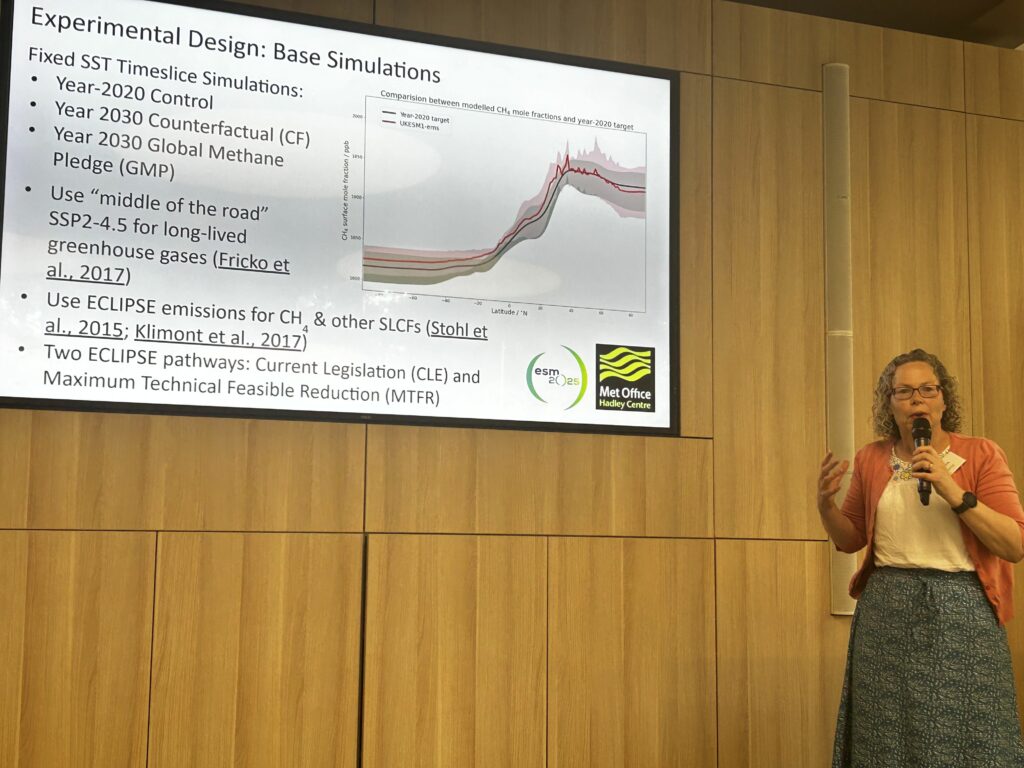
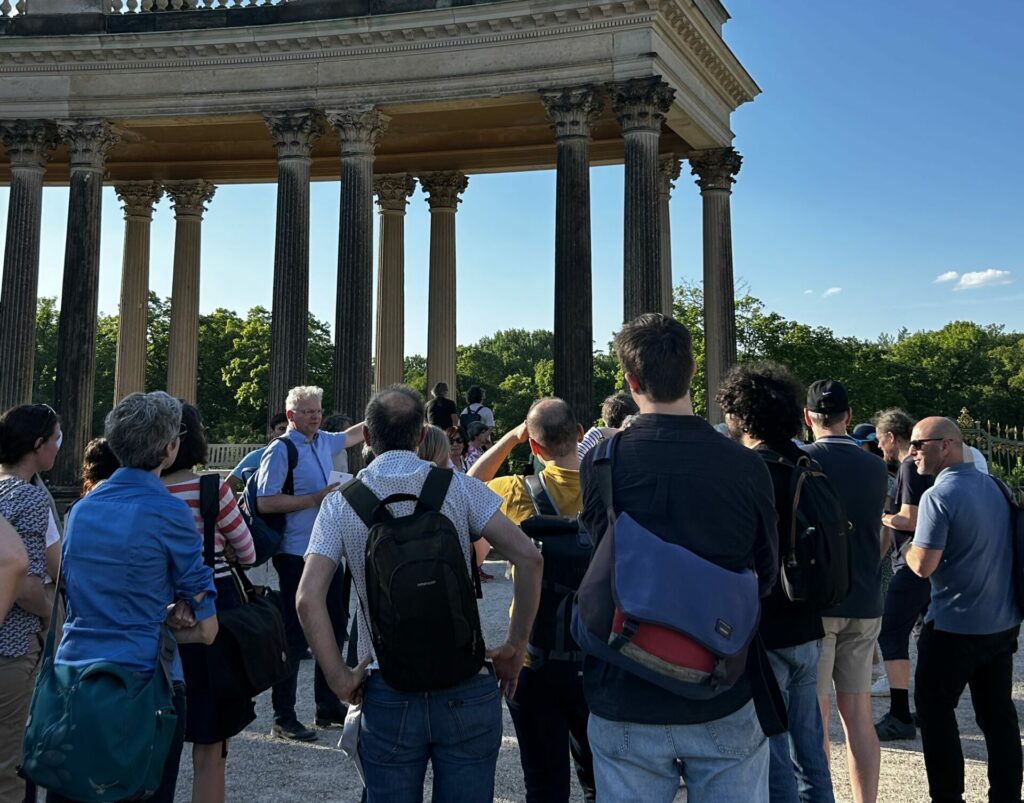
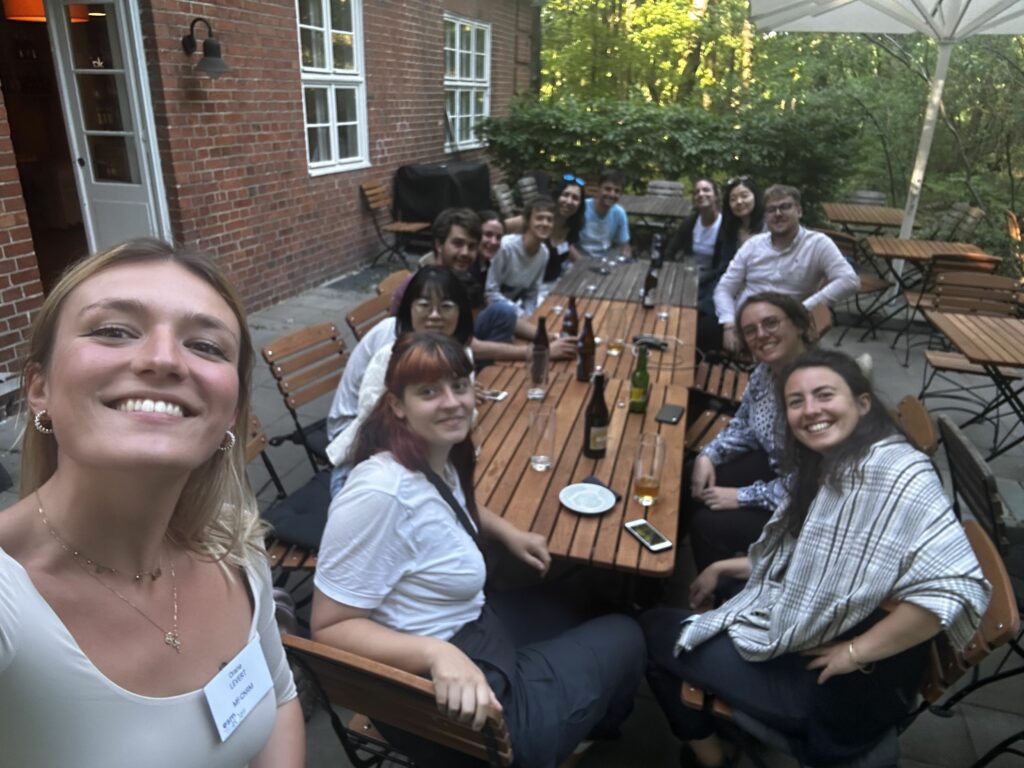
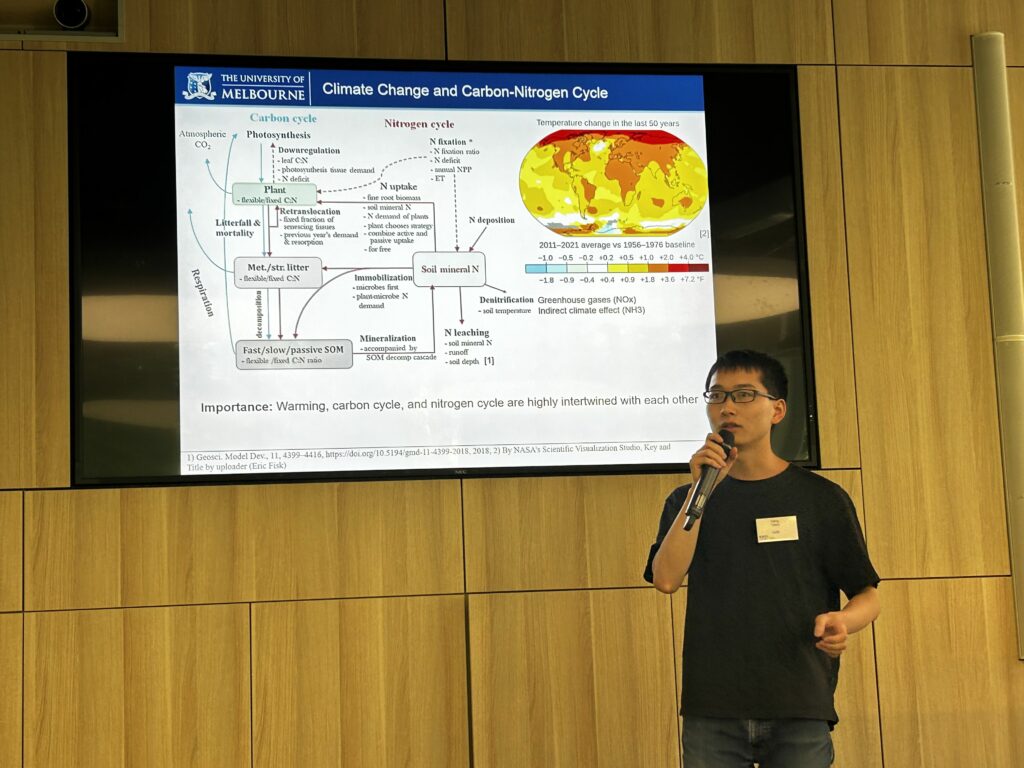
World Café #3
As for each of our General Assemblies, we have held another World Café workshop for stakeholder engagement. Taking advange of our location, this time we invited some of the most direct users of our model results: the ISIMIP (Impact modelling) and TIPMIP (Tipping point modelling) researchers, some of which happen to work at the PIK!
Four topics for discussion with four stakeholders, and a lot of ESM2025 reserchers.
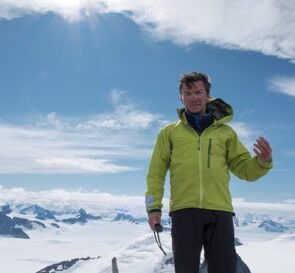
#1 How far ESM developments might improve research on impact study
(e.g., interactive ice sheets for sea level rise, wildfires, impact of land-based mitigation, permafrost and impact assessment of land stability)
with Donovan Dennis, TIPMIP project coordinator
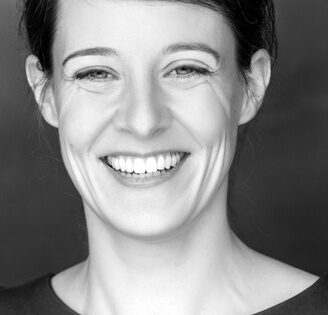
#2 Preparing the ESM – impact modelling workflow for CMIP7 Fast Track
(e.g., improving linkage between ESMs and Impacts community
with Katja Frieler, ISIMIP project leader
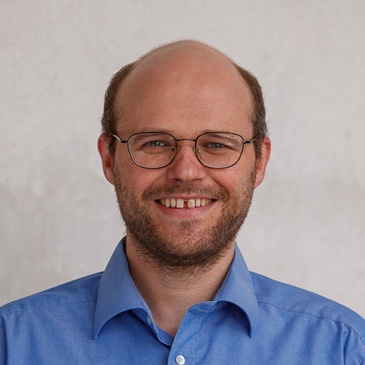
#3 The use of emission-driven simulations for impacts study
(use of ESM with interactive atmospheric CO2 for forcing impact models)
with Christopher Reyer, from ISIMIP Cross-Sectoral Science Team of forests, terrestrial biodiversity, biomes, permafrost, peat and fire.
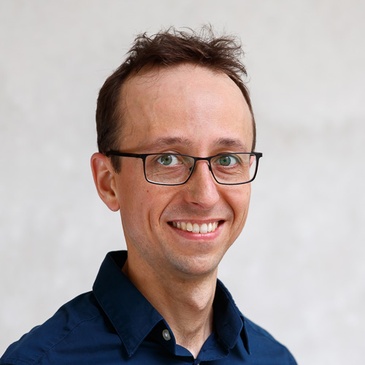
#4 The use of multiple ESM realisations as forcing data for impact models to assess the role of internal variability in regional climate change impacts
with Jacob Schewe, from ISIMIP Cross-Sectoral Science Team for water global, lakes, fisheries and groundwater
Note: Images from researchers’ institutions websites.
Two rounds of interesting discussions, that will soon be summed up in a short briefing on this website.
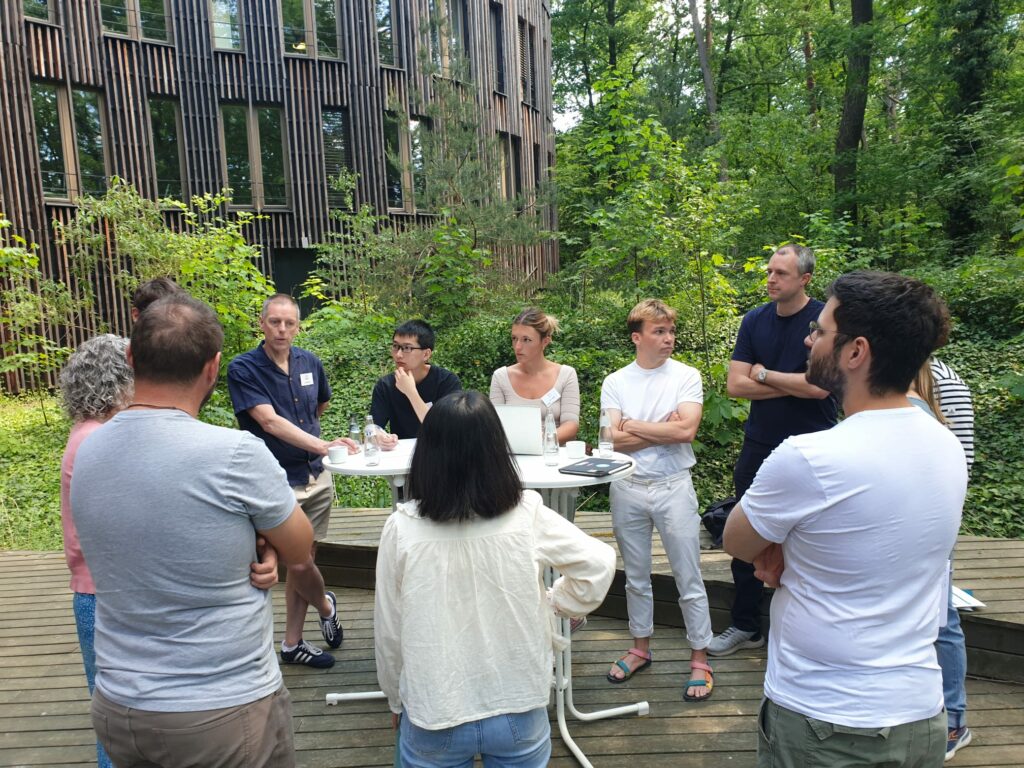
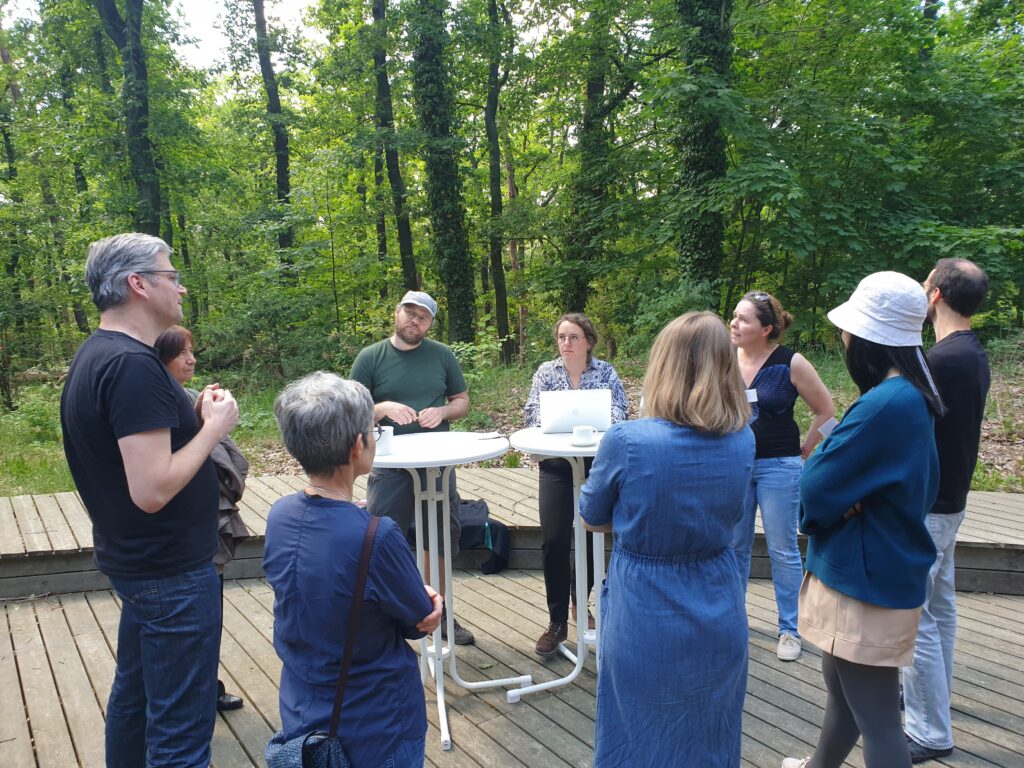
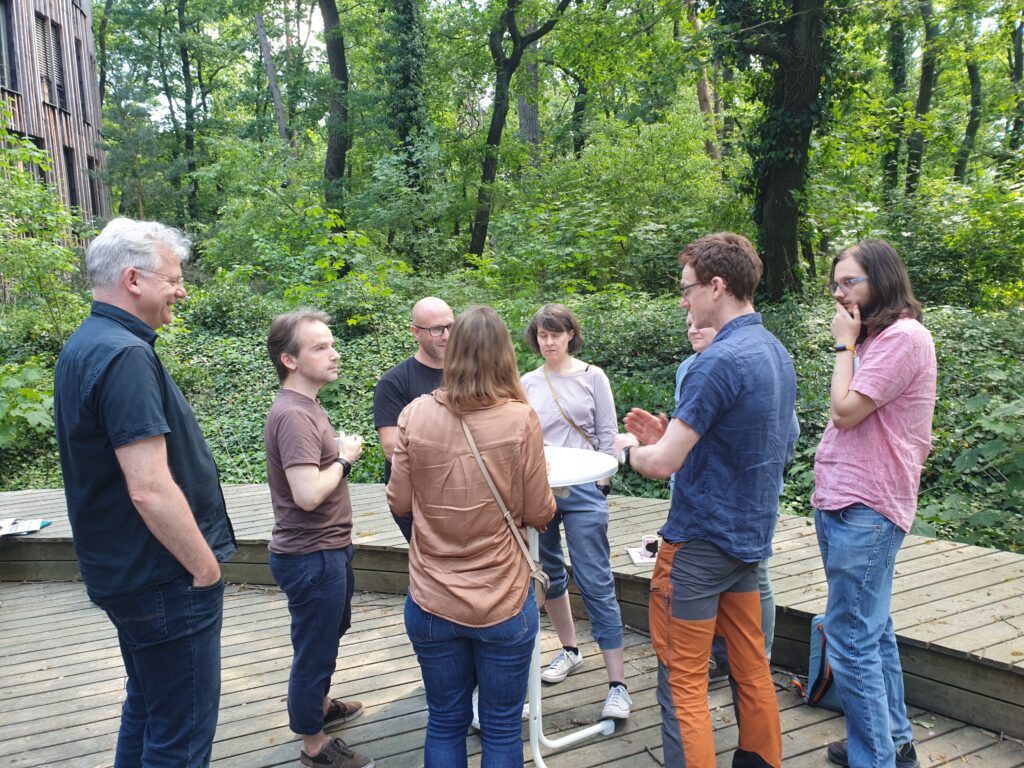
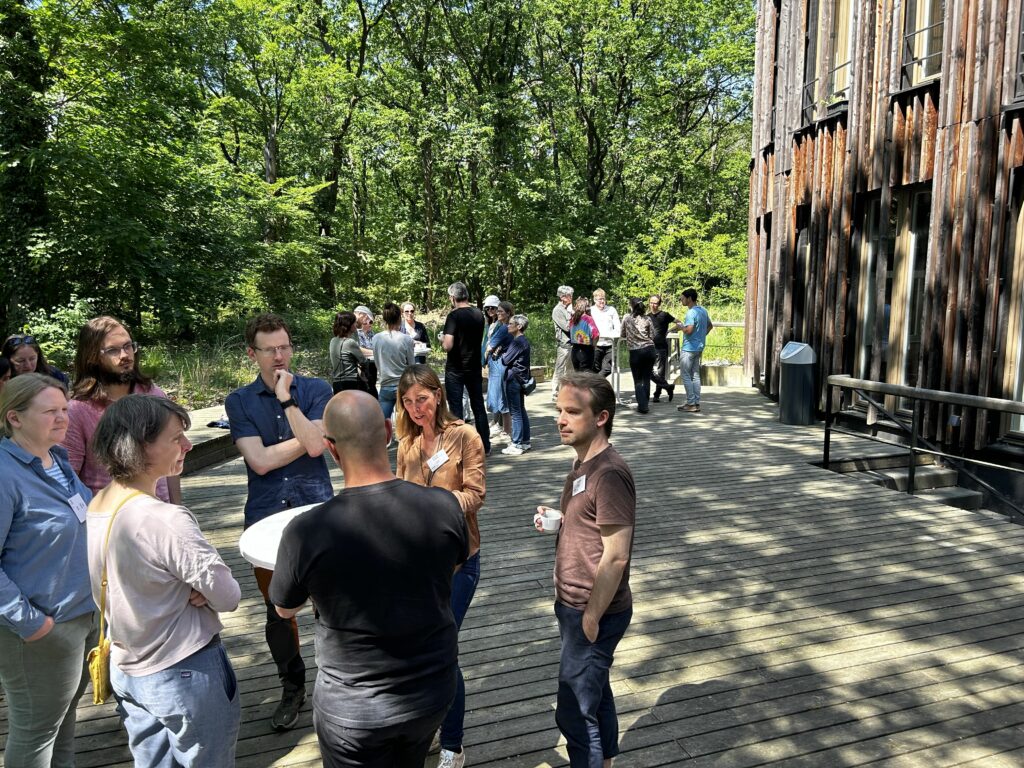
See you next year, for our last General Assembly and World Café workshop!
